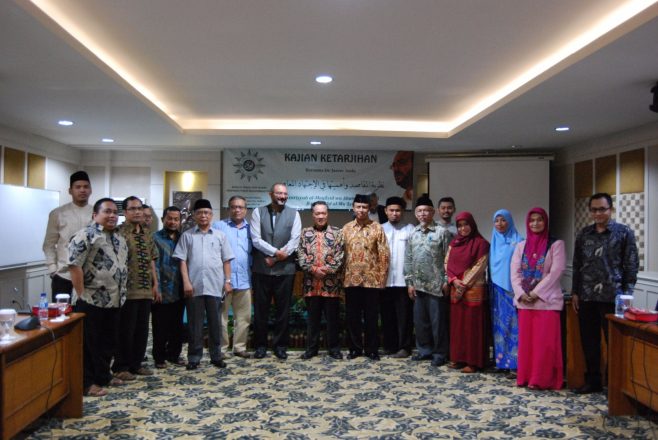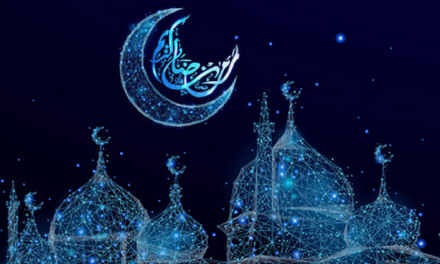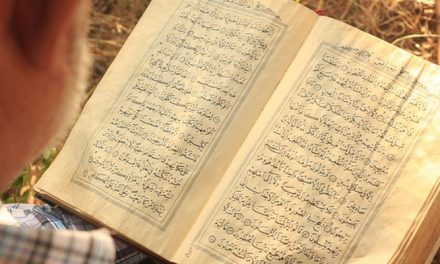
The Muhammadiyah’s Council of Tarjih received a special guest from Canada, Jasser Auda. Mr. Auda is an Egyptian-born Islamic law expert, and also the founder of Maqasid Institute, whose headquarter is in London. During a series of visits to Indonesia, Jasser Auda was kind enough to stay in touch and share knowledge with the board of leadership of Muhammadiyah’s Council of Tarjih. We seized this valuable, great opportunity as best we could. At the Inna Garuda hotel in Yogyakarta, in the afternoon of February 22, 2017, Jasser Auda was asked to give a lecture on the study of tarjih on Maqasid al-Shari’ah, his field of expertise. The subject of the lecture he delivered was Nazhariyah al-Maqasid wa Ahammiyatuha fi al-Ijtihad al-Mu’ashir (theory of Maqasid and its urgency in the Contemporary Ijtihad).
“This great event was actually a coincidence since Jasser Auda’s purpose to come to Indonesia was to write a book. Because he was very much occupied, he wanted to isolate himself, and I have no idea why he chose Indonesia as the place he visited. Alhamudillah (thank God), we got information that he would be in Yogja. So, we asked him to attend the meeting of the Council of Tajrih, and share his knowledge on his expertise about Maqasid al-Shari’ah,” said Muhammad Rofiq, Secretary of the Muhammadiyah’s Council of Tarjih.
In the opinion of Jasser Auda, Islam in Indonesia represents the modern face of Islam today. According to Jasser Auda, if you want to see an open and tolerant Islam, you can be sure that Islam in Indonesia can serve as a good example.
“Indonesia is one of the largest Muslim countries. Now I am living in a Western country. When they (the West) want to see how Islam is being practiced, they look to the Arab world, and then to Indonesia. The Arab world has many problems. Therefore, I think, if we want to see what modern Islam looks like, then Islam in Indonesia is very important to consider. I think Islam in Indonesia can be an example for other Muslims to follow, because although the majority of the people are Muslims, Indonesian Muslims are inclusive, showing respects for the rights of people who belong to other religions, and they are willing to the make room for them,” said Jasser Auda.
In addition, when he looked at Muhammadiyah’s Council of Tarjih, Jasser Auda was very impressed with the kind of roles that the Council has played. Especially, when he realized that the Council is very concerned about contemporary issues which become common interests.
“This is the first time I followed the activities of the Council. I’m really very impressed, especially on how well Muhammadiyah is being well organized and, also how Muhammadiyah has a clear Islamic reference. I think Muhammadiyah is a very important Islamic organization. I also observe the well-developed management at the Council, especially its ability to understand the current reality and its attempts to deal with it. So, I see a lot of wisdom arising from the management of the Council. I am very happy that the Council has made a remarkable new work, such as Fiqh on Water, dealing with the concept of water in Islam. This is important because I think we, Muslims, need to switch from the old concept of fiqh (the history of fiqh) to the concept of contemporary fiqh. In the concept of contemporary fiqh, we have the opportunity to talk about issues, such as water, corruption, environment, policy, and so forth. And Alhamudillah, today I am very happy because I saw them all in the Council,” said Jasser Auda.






